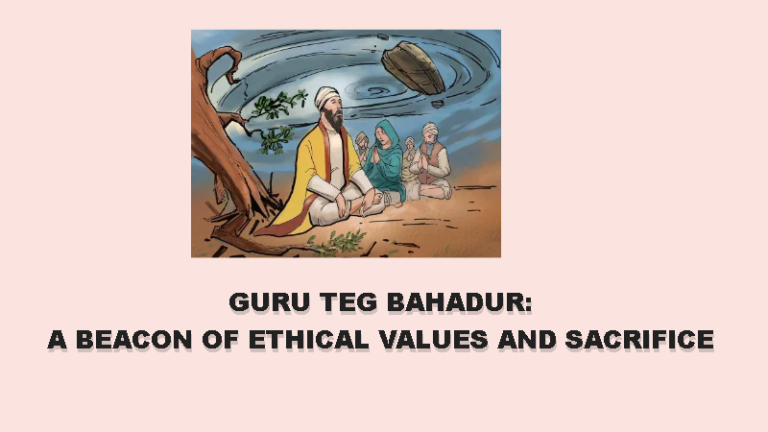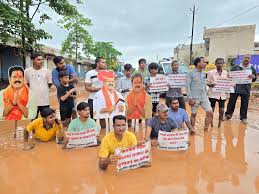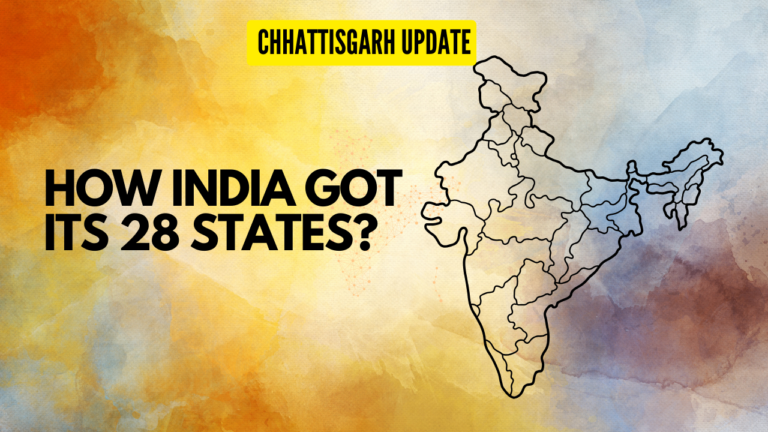Around the time Prime Minister Narendra Modi ascended the ramparts of the Red Fort to deliver his 10th Independence Day address, marking India’s 77th, three coincidental events unfolded that encapsulate India’s current global position.
 |
| Modi’s speech on Redfort |
Secondly, during the ongoing FIDE chess World Cup in Baku, history was made as four Indians—three of them teenagers—Vidit Gujrathi, Gukesh D, Arjun Erigaisi, and R Praggnanandha, progressed to the quarterfinals, ensuring Indian representation in the semifinals.
Thirdly, Union Home Minister Amit Shah introduced three bills in Parliament last Friday, heralding significant reforms to the Indian criminal justice system. These bills proposed replacing the British-era Indian Penal Code with the Bharatiya Nyaya Sanhita, alongside the Bharatiya Nagarik Suraksha Bill and the Bharatiya Sakshya Bill. These steps underscore both India’s modernization and its journey towards decolonization.
These three seemingly unrelated occurrences mirror the ascent of a nation recognizing its potential and poised to fulfill its destiny. The Prime Minister’s recent address delved into India’s rise, emphasizing its inevitability, while cautioning against the pitfalls that may accompany it. This is a pivotal juncture, where history thrusts its leader into a momentous transition.
India’s capabilities, such as those demonstrated by the achievements of its young chess players in Azerbaijan or the strides toward internationalizing the INR, remain latent and untapped. Realizing this potential hinges on the judicious utilization of human resources, laborious nation-building, and addressing the challenges associated with such an ambitious endeavor. With one of the world’s youngest working-age populations, India holds a demographic dividend that must not go squandered.
The urgency of this situation was palpable in the Prime Minister’s speech. He articulated, “Today, we possess demography, democracy, and diversity—these attributes collectively hold the power to bring our nation’s dreams to fruition… Our actions and decisions in this era will shape the direction of the country for the next 1000 years.”
The responsibility lies with the youth to steer India’s fate—a message that resonates with the sons and daughters of the nation. The Prime Minister emphasized the significance of the opportunity bestowed upon them and stressed, “We must not squander it.”
Throughout his speech, an underlying urgency persisted. To achieve the goal of a developed nation by 2047 (Vikshit Bharat), the forthcoming 25 years are pivotal. The Prime Minister asserted that India’s young demographic must be accompanied by unity in purpose and action.
“For the next 25 years, let us follow one mantra, an apex principle of our national character—unity. India’s strength emanates from unity, transcending geographical divisions, whether north or south, east or west, rural or urban, male or female. If we aspire for a developed India by 2047, we must live by the mantra of Ek Bharat Shreshtha Bharat.”
Modi recognized India’s achievements beyond major cities like Chennai, Mumbai, and Delhi. He highlighted the accomplishments of Tier-2 and Tier-3 cities, illustrating that India’s wonders extend far beyond urban centers. These cities, he noted, produce sports icons, scientists, and inspire millions to embrace the path of science and technology.
Confidence in India’s future radiates from this sentiment—an optimism that sets India apart. Confluence of a burgeoning economy, youthful demographic, resolute leadership, and favorable geopolitical currents empowers India to shape the global future. The Prime Minister conveyed India’s resolve not to let this opportunity slip away.
He likened India’s potential in shaping the post-Covid world to the tectonic shifts following World War II. He emphasized the rapid evolution of a new global order and India’s pivotal role in it. India’s prosperity and heritage have transformed into opportunities for the world, positioning India as the voice of the Global South. The Prime Minister’s message was clear: India must seize this chance.
Integral to India’s ascent is dismantling colonial legacies. Just as the British-era penal codes have been replaced with culturally aligned versions, the decolonization agenda is central to Modi’s vision of a rising India.
He asserted, “Our nation, which has overcome the mindset of subjugation, is now moving ahead with renewed self-assurance. We are wholeheartedly working to fulfill new resolutions. My beloved Mother India, once a wellspring of energy, lay buried in the ashes, but the collective efforts, consciousness, and energy of 1.4 billion countrymen have reawakened her.”
The Prime Minister presented a comprehensive account of his government’s achievements since 2014, defining it as a compelling tale of transformation. He highlighted the increase in state allocations from Rs 30 lakh crore to Rs 100 lakh crore over nine years, substantial investments in affordable housing and local development, and the upliftment of 13.5 crore impoverished individuals to the middle class.
Linking poverty alleviation to national progress, Modi emphasized the burgeoning purchasing power of the middle class and rural areas, which accelerates economic activity.It’s worth noting that Modi referred to Manipur twice in his speech. Initially, he highlighted the state’s progress towards peace, acknowledging past challenges, and emphasizing the importance of sustained harmony. Later, he used Manipur to illustrate India’s unity, indicating that the pain felt in one part of the country resonates across all regions.
 |
| PM modi giving speech in Redfort |
The political undercurrent of the speech was palpable. Modi addressed the nation as ‘my dear family members,’ setting a tone of kinship. This distinguished him from the Opposition, portraying his countrymen as immediate family while casting the opposition as dynastic elites, led by the Congress, symbolized by Rahul Gandhi.
Modi subtly conveyed two political points without naming anyone in the Opposition. Firstly, he stressed that the legacy of India’s rise mustn’t be entrusted to a corrupt and insular elite. Secondly, he asserted his unique capacity to lead India forward.
Building on the BJP’s accusations of ‘corruption, dynasticism, and appeasement’ against the Opposition alliance, the Prime Minister declared that combating these three evils—corruption, nepotism, and appeasement—was paramount for India’s dreams.
Modi directly criticized a certain political party (implicitly referring to Congress) for perpetuating nepotism and appeasement, asserting that their actions had harmed the nation. He accused this party of distorting democracy through “familial politics” and fostering an “appeasement” culture detrimental to social justice
While this was Modi’s final Independence Day address before the 2024 general elections, he promised to return next year, confidently showcasing the nation’s achievements and progress. Modi’s enduring aspiration and comprehensive vision were evident, underscored by the challenges he acknowledged and his steadfast belief in his capabilities.






